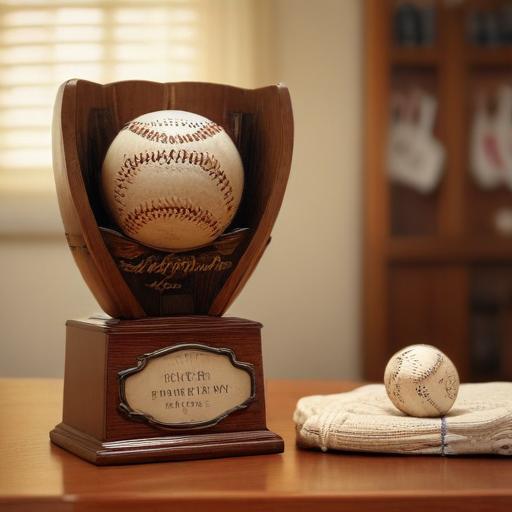PITTSBURGH — The Pirates’ famed “Family” nickname has often been tied to the 1979 championship team that rode the disco anthem We Are Family to a World Series victory over the Baltimore Orioles. Yet among the franchise’s most storied squads, the 1960 and 1971 teams are also prime examples of a deep, built‑in family spirit that helped power their titles.
Vernon Law, who pitched the Pirates to the 1960 World Series title, and Al Oliver, who starred on the 1971 club, both argued that their teams deserved the same nickname. The two Hall of Famers spoke Thursday night at PNC Park during a ceremony that inducted them, along with the late Kiki Cuyler, into the Pirates Hall of Fame.
In 1960, Pittsburgh was a heavy underdog entering the Fall Classic against the mighty New York Yankees. Law credited a tight-knit clubhouse where players genuinely cared for one another and supported each other through tough stretches. “The guys on our team, every one of them, we loved each other, we pulled for each other, and we had each other’s back,” Law said. “If things were down a little bit, we’d work out our challenges and problems together. We were a team that really worked together, and that really is what made it special for me and for each other.” Law, who won the Cy Young that season, recalled Dick Groat as the NL MVP and Bill Mazeroski’s series‑winning homer in the ninth inning of Game 7.
Oliver echoed similar sentiments about the 1971 team, which overcame the Orioles to capture the World Series title. He pointed to general manager Joe L. Brown, who he said established the culture of family within the Pirates, emphasizing that players supported one another regardless of playing time. “We pulled for each other. We didn’t resent each other, even if we didn’t play. We got along so well,” Oliver said. The 1971 club is also remembered for its trailblazing lineup—nine Black and Latino players starting on Sept. 1 against the Philadelphia Phillies—an important milestone in a sport still wrestling with racism, even as Jackie Robinson had broken the color line more than two decades earlier.
Oliver recalled Brown’s blunt, talent-focused approach: the focus was less about where players came from or what church they attended and more about how they played. “It doesn’t matter what church you go to or how you worship. It’s a matter of how you play ball. And that’s what we did,” Oliver said.
As a writer who covers the current Pirates, I often get asked about whether today’s clubhouse still yields that same chemistry. It’s a different era. The media’s 50-minute pregame access has dwindled, especially after the pandemic, and the few players in the clubhouse now spend a lot of time on their phones rather than trading cards, playing table tennis, or firing shots at the tiny basketball hoops. It isn’t a critique of the players—it’s a sign of the times. Building a family dynamic can be difficult when communication is scarce.
Summary
The Pirates’ proud lineage shows that a strong, shared purpose can power championship runs, from 1960 to 1971 and beyond. While the current clubhouse environment looks different, the lessons of unity and mutual support remain a touchstone for a franchise that dreams of returning to the World Series.
Additional context and value
– The 1960 team’s unexpected path to the title remains a legendary underdog story, highlighted by Vern Law’s dominance and Mazeroski’s dramatic walk-off homer.
– The 1971 squad’s race-to-win narrative marked a milestone in MLB’s evolution toward diversity in the lineup, a legacy that resonates in the sport today.
– Hall of Fame inductions provide a moment to reflect on how club culture—flowing from leadership like Brown’s and the players’ commitment to one another—can outlast era-specific trends.
Overall, the article underscores that while rosters change and times shift, the core idea of “family” as a cornerstone of winning can still guide a franchise toward future success. The Pirates’ enduring message is clear: when players back one another and commit to a shared goal, chemistry can become a force as powerful as any roster skill.
